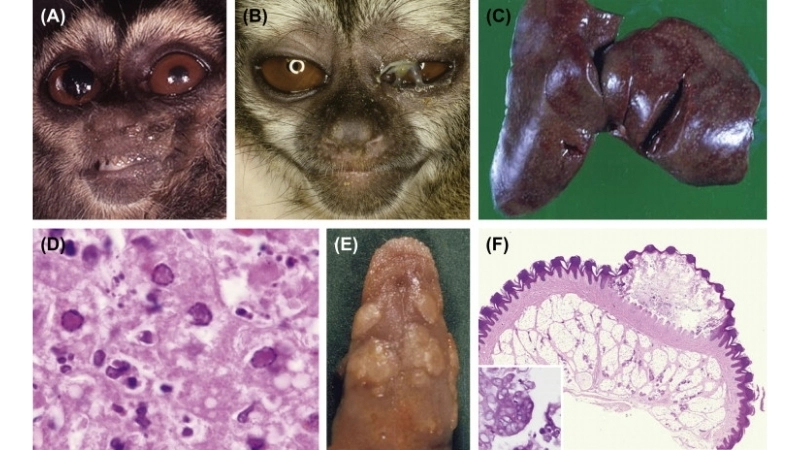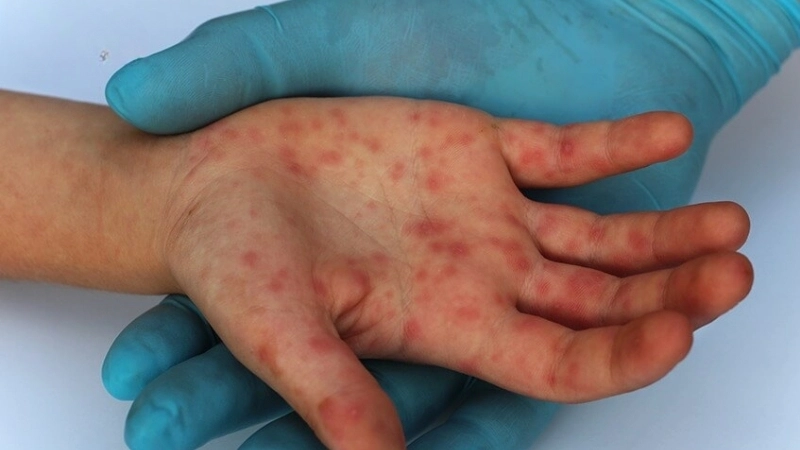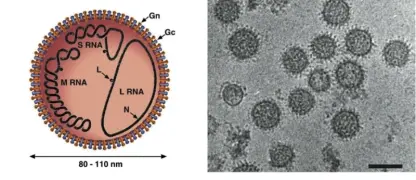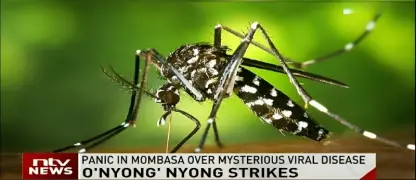Yaba Monkey Tumor Virus Infection is a rare viral disease affecting monkeys and humans. Learn about its symptoms, transmission, and ways to protect yourself from infection.
What are the main causes of Yaba Monkey Tumor Virus Infection?
- Close contact with infected monkeys or their bodily fluids significantly increases the risk of contracting the virus.
- Consuming contaminated food or water can introduce Yaba Monkey Tumor Virus into the human body.
- Poor hygiene practices, such as improper handwashing after animal exposure, can facilitate virus transmission.
Key symptoms of Yaba Monkey Tumor Virus Infection to watch for
- Rapidly forming skin tumors or nodules on exposed body parts are a primary symptom of infection.
- Fever, fatigue, and general malaise often accompany the early stages of Yaba Monkey Tumor Virus Infection.
- Swelling of lymph nodes and localized pain may indicate viral progression and require immediate medical attention.

>>>Click to see more: Understanding tanapox symptoms, causes, and treatment
How can you prevent Yaba Monkey Tumor Virus Infection effectively?
- Avoid direct contact with monkeys, especially in areas known for viral outbreaks, to reduce infection risk.
- Maintain strict personal hygiene, including thorough handwashing with soap after handling animals.
- Ensure food and water are clean and properly cooked, reducing the possibility of viral contamination.
>>>Click to see more: Understanding Tahyna Virus Infection and its symptoms
Image description of Yaba Monkey Tumor Virus Infection
Yaba Monkey Tumor Virus Infection is a viral disease primarily affecting humans through contact with infected monkeys. It causes skin tumors, fever, fatigue, and lymph node swelling, requiring medical attention for proper diagnosis and management.








>>>Click to see more: Understanding semliki forest virus disease causes and risks
Staying informed about Yaba Monkey Tumor Virus Infection is essential. Early detection, proper care, and preventive measures can reduce risks and help protect both humans and primates.





